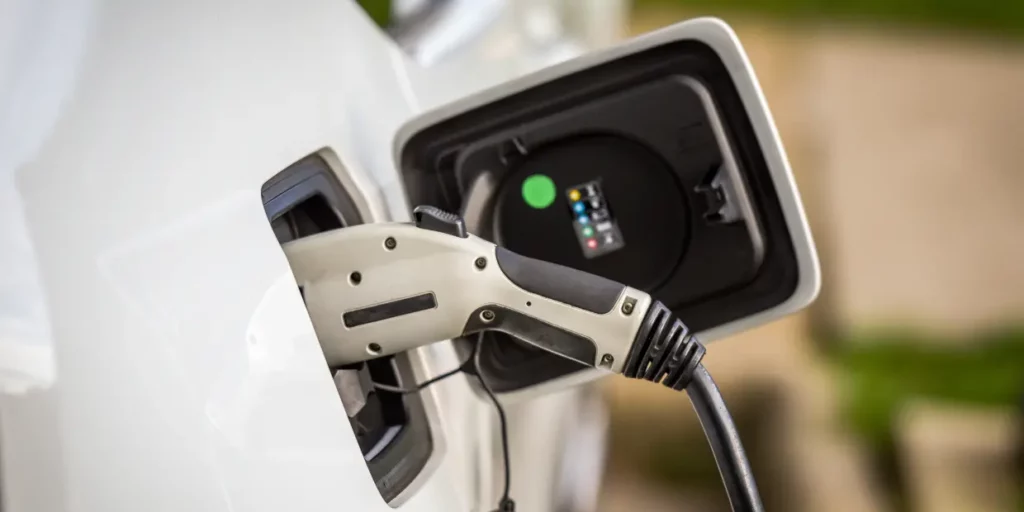Should I Buy an Electric Car?

Should I Buy an Electric Car?
Q: Should I buy an electric car to stave off soaring gas prices?
A: An electric vehicle (EV) might be the right choice for many, but there are lots of variables to consider before making this decision. Here’s what to know about electric cars before going this route:
Advantages of owning an electric car
The most obvious advantage of owning an electric vehicle is saving on fuel costs. Of course, the higher the cost of gas, the more you save. Right now, with drivers experiencing pain at the pump, going electric is an attractive option.
Another well-known advantage of driving an electric-powered car is the environmental benefits. Lower fuel emissions means a smaller carbon footprint on the environment, which is always a good thing. Yet another advantage to EVs is their superior efficiency. EVs can convert more than 77% of their electric energy to power their wheels. In contrast, gas-powered cars can only convert 12-30% of the fuel stored in their gas tanks.
Disadvantages of owning an electric vehicle
There are several disadvantages to owning an EV.
First, the battery of every EV may need replacement down the line. Federal regulations require automakers to cover the battery of their vehicles for a minimum of eight years or 100,000 miles, whichever is first. However, if the battery dies after the warranty expires, the cost of replacing it is the owner’s burden. The good news is that automakers are currently working to manufacture EVs with batteries that last longer than most drivers will own the vehicle. Another disadvantage to owning an EV is being limited in the distance you can drive before you will need to recharge your vehicle. While most EVs can easily cover a daily commute on a single charge, road-tripping with an electric car will take some planning.
Charging an electric vehicle at home
Just plug your EV in at night, and it’ll be ready to go in the morning. How’s that for convenience?
But it may not be quite that simple. Most EV owners hire an electrician to install a 240-volt outlet in their garage. This allows for Level 2 charging, which can be significantly faster than charging an EV using a conventional 110-volt outlet. Get a good quote on that cost, too.
What about EV maintenance?
A big bonus of owning an EV is lower maintenance costs. Electric motors have fewer moving parts than gasoline engines. This makes EVs simpler to maintain than their gas-powered counterparts.
If you’re looking to finance an auto loan for your new electric car, look no further than County Federal! Call, click, or stop by to discuss available options!
Content Source: CUContent






